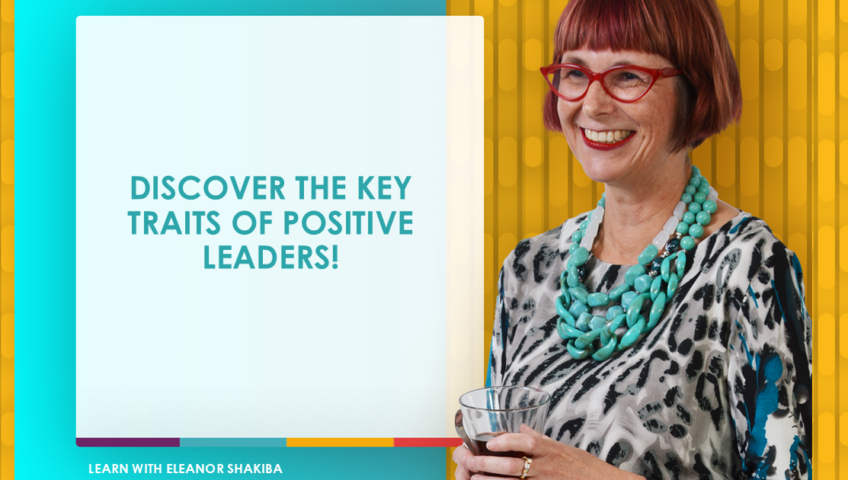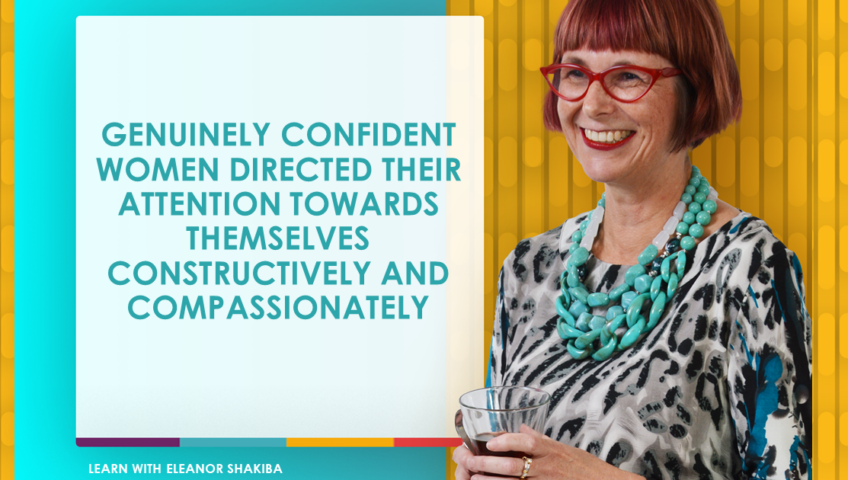I’ve always been fascinated by how vividly we remember some memories, while others fade away into oblivion. It’s long been known that stress in early life can have lasting impacts on brain function. For example, adversity experienced early in your life can influence the size of your hippocampus, which is a key region involved in memory. Lately, significant breakthroughs have been made in understanding exactly how brains react to stress – and suggesting ways to treat long-term conditions associated with these reactions.
In April 2023, Neuroscience News reported on a study which revealed a previously unknown pathway in the brain’s reward circuits. It produces corticotropin-releasing hormone (CRH), which is involved in regulating stress responses. The researchers found that negative experiences can cause this pathway to become overactive. That results in changes to your mood and your behaviour. In particular, it can lower your ability to feel pleasure.
Here’s the interesting part of the study. The researchers were able to silence the newly found pathway. That restored the ability to feel pleasure at normal levels. The research team believes their findings “provide breakthrough insights into the impact of early-life adversity on brain development and specifically on control of reward behaviours that underlie many emotional disorders.” So stay tuned, as new treatments for emotional disorders may soon be developed.
Free e-book and video tips.Get your copy today!
|
|
This finding adds to our growing knowledge of how early-life stress impacts the brain, giving us valuable insights into the long-term effects of childhood adversity. By uncovering this new pathway, scientists are getting closer to developing targeted interventions that can help reduce the negative effects of stress on individuals.
Intriguing, isn’t it? This study reminds us that the brain is incredibly adaptable and resilient. It’s constantly responding to the environment and can change and adapt based on your experiences. This is both a blessing and a curse – as it means that stress in early life can have lasting effects, but it also means that targeted interventions can lead to positive changes in brain function.
To find out more about this research, you can access the original article here.
This article summary was created by Eleanor Shakiba
Eleanor is a leadership trainer, success coach and people skills expert. She helps managers and business owners build thriving teams and organisations, using tools from Positive Psychology. She's trained more than 60,000 people during her career as a corporate trainer and professional development consultant. Her mission is inspiring talented people to become leaders who make a difference.











